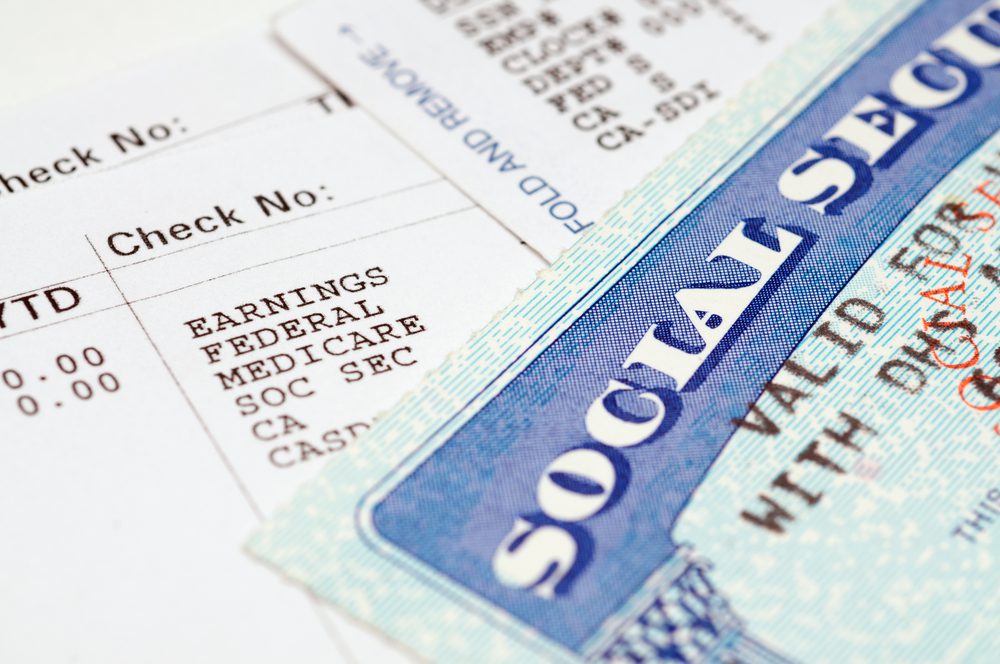
Scam #6: The Home Repair or Contractor Scam
Maintaining a home can be a lot of work, and finding a trustworthy contractor is essential. Home repair scams take advantage of this need, often targeting seniors by using high-pressure tactics and offering deals that seem too good to pass up. These scams can leave you with shoddy work and a much lighter wallet.
This scam typically begins with an unsolicited visit. A contractor will knock on your door and point out a “problem” with your home, such as a few loose shingles on the roof, cracks in your driveway, or trees that need trimming. They will create a sense of urgency, claiming the issue needs immediate attention to prevent much worse damage.
The scammer will then offer a special, one-time-only deal because they just “happened to be in the neighborhood” with leftover materials from another job. They will pressure you to make a decision on the spot and will often ask for a large portion of the payment upfront in cash. They may not offer a written contract, or the contract they provide will be vague and unprofessional.
If you agree, one of two things usually happens. In the worst-case scenario, the “contractor” takes your money and disappears without ever doing any work. In other cases, they will perform very low-quality work using cheap materials, sometimes even making the original problem worse. When you try to contact them later to fix the issues, their phone number is disconnected, and they are nowhere to be found.
How to Avoid Home Repair Scams
The best way to protect your finances from scammers in the home repair business is to be proactive and cautious. Never let yourself be rushed into a major decision about your home.
Be Wary of Unsolicited Offers. Legitimate, reputable contractors are usually busy and do not need to go door-to-door looking for work. Be very suspicious of anyone who shows up unannounced and claims you need an urgent repair.
Get Multiple Bids in Writing. For any significant home repair project, you should get at least three detailed, written estimates from different contractors. This allows you to compare costs and scopes of work. A detailed bid should include a full description of the work to be done, the materials to be used, and a total price.
Check References and Credentials. Before hiring anyone, ask for proof of their license and insurance. Check with your local consumer protection agency or the Better Business Bureau for any complaints against the company. Ask for a list of recent customers you can call for references.
Never Pay in Full Upfront. A reputable contractor will not ask for the full payment before the work is complete. It is reasonable to pay a small deposit for materials, but the final payment should only be made once you are completely satisfied with the finished job. Avoid paying in cash, as checks and credit cards create a paper trail.
Insist on a Written Contract. Do not rely on a verbal agreement. A professional contract will detail every aspect of the project, including a start and completion date, a payment schedule, and proof of liability insurance. Read it carefully before you sign.
Your home is your sanctuary. Taking these deliberate, careful steps will help ensure that anyone you hire to work on it is trustworthy and professional.









